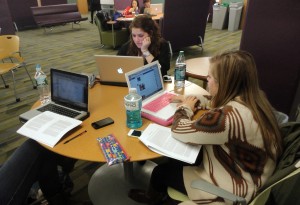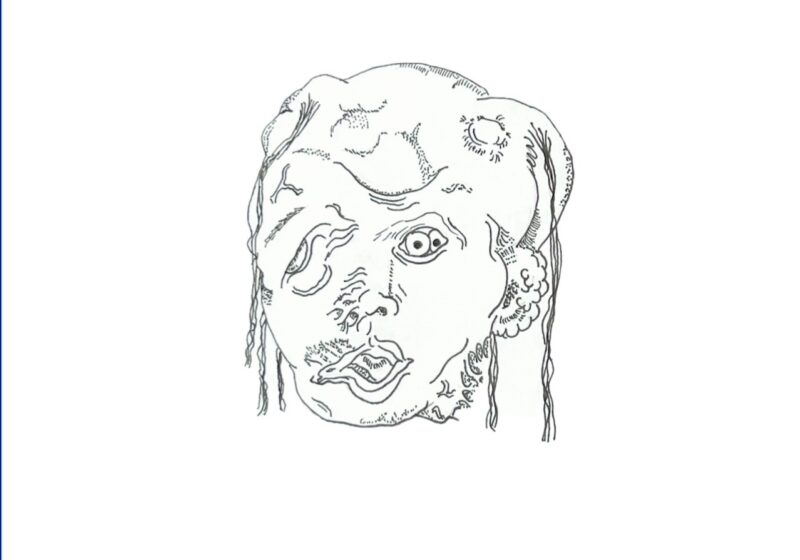
Rachel Milner, Contributing Photographer
It is no secret that university, college and public libraries are struggling to remain relevant in the wake of the recession, especially as digital publishing, e-readers and online piracy become more and more prevalent.
Many libraries, in an attempt to salvage the institution, now offer patrons the capacity to rent e-books online. In Denver, one public library attempted to reinvent itself as a digital media center. It went so far as to purchase Sony PlayStations, Nintendo Wiis and HD-TVs in an attempt to attract children and community members.
The UR libraries chose to address the problems facing the institution in the digital age differently.
Several years ago librarians launched an investigative study to find out how students work, how librarians can assist them and what can be done to make the exchange more efficient.
The research report, which has since been applied by more than 40 university libraries worldwide, is entitled “Studying Students: the Undergraduate Research Project at the University of Rochester.”
Since then, the library and its staff have made every effort to ensure that UR’s library system stays relevant to students.
“We want to figure out what technology students are using and ensure that our capabilities match up with what students need,” Rush Rhees Librarian Eileen Daly said.
Students can now chat live or text with librarians during the day to get help with research or writing projects. The library’s website can also text students the call numbers of books found through the reference catalog.
On Monday, Feb. 6, the library released an application that allows students to search virtually all of the library’s article databases and access the articles via smartphones.
“These new features are cool and interesting,” senior Brian Schmeer said. “But I didn’t know about them.”
To counter this lack of student awareness, the library staff is working to ensure that students feel comfortable approaching librarians for help and guidance.
“We want people to recognize that you don’t have to be desperate to ask a librarian for help,” Daly said. “What we want to do is be there when you have a question.”
Librarians can help students narrow the field of research they have to evaluate before beginning a research or writing project.
“I use librarians to help with research in Carlson [Library] all the time,” sophomore John Etter said. “Sometimes there are librarians in our lectures that give us good sources for lab reports.”
Some librarians — referred to as embedded librarians — attend classes or labs to ensure that students are aware of the availability of the library’s resources.
Other students are able to take advantage of the library and its resources without the help of the librarians or innovative technology.
This may not reflect the irrelevancy of the library, but may indicate that some students are more independent learners than others. It could also indicate the variances in individual majors.
“For a research project I had I looked up the books on my own,” sophomore Sarah Winstein-Hibbs said. “I wrote down the call numbers and found them myself.”
This is not the case for other students.
“I use the print stations and that’s about it,” junior Liza Maizel said. “I also don’t have an iPhone, so I can’t use some of the newer technology.”
While many university and college libraries face budget cuts, increasing costs and mounting cultural irrelevance in the digital age, UR’s libraries still seem to be serving as hubs of student activity, bolstered by an innovative and a diligent fleet of librarians.
“We will, just about always, be able to get any book or article you need,” Daly said.
Volkov is a member of the class of 2012.




